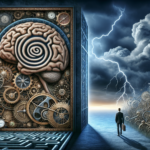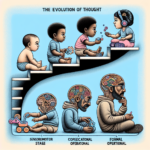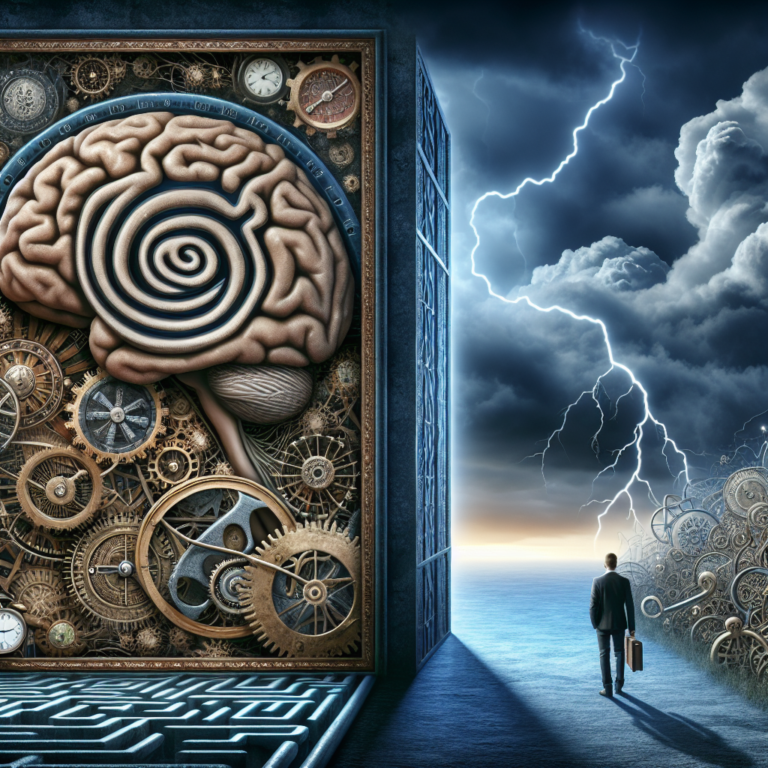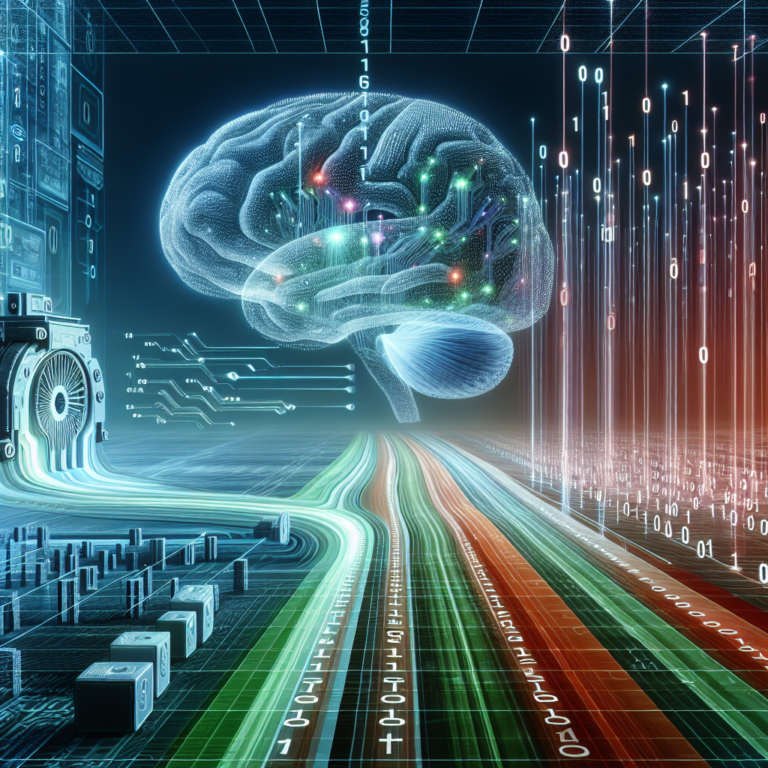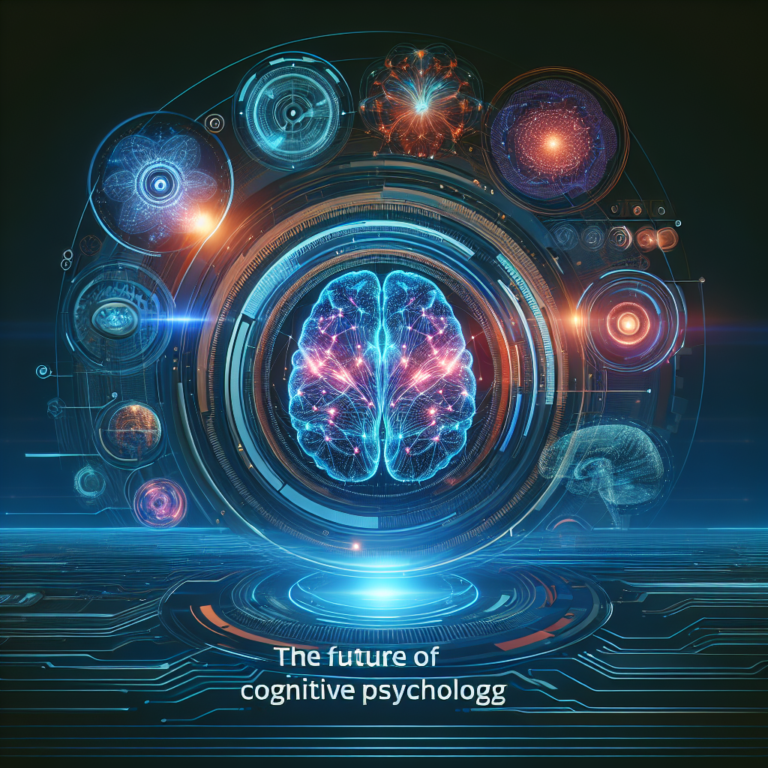
Introduction
Imagine standing on the cusp of a new endeavor, equipped not just with enthusiasm, but with a reservoir of knowledge that fuels lifelong learning and personal growth. This is where long-term memory comes into play—a mechanism that not only helps retain information but also influences how we navigate our academic and professional lives. Far more than a simple storage unit for facts and figures, long-term memory is the gateway to a fulfilling and enriched life. In this article, we’ll explore how long-term memory acts as the ultimate key to lifelong learning and personal growth, providing actionable insights that can transform your cognitive processes.
Understanding Long Term Memory
What is Long Term Memory?
At its core, long-term memory is the ability to store information over extended periods—ranging from days to decades. Unlike short-term memory, which can hold a limited amount of information temporarily, long-term memory is seemingly limitless. It encompasses everything from personal experiences (episodic memory) to factual knowledge (semantic memory), ultimately dictating how we interpret learning experiences and how we grow as individuals.
Table 1: Types of Long Term Memory
| Type | Description |
|---|---|
| Episodic | Personal experiences and events |
| Semantic | Factual knowledge and concepts |
| Procedural | Skills and actions learned over time |
The Science Behind Long Term Memory
The formation of long-term memories involves several cognitive processes, such as encoding, storage, and retrieval. Neuroscientific studies show that the hippocampus and cortical areas play pivotal roles in this mechanism. Understanding these processes can provide us with valuable insights into how to enhance our memory and, consequently, our learning experiences.
The Importance of Long Term Memory in Lifelong Learning
Enabling Knowledge Retention
In our fast-paced world, the ability to retain what we learn is invaluable. Long-term memory allows individuals to revisit past knowledge while integrating new insights seamlessly. Consider the case of Maria, a lifelong learner who enrolled in various online courses. Maria discovered that by applying spaced repetition—an effective technique that exploits long-term memory—she could retain complex subjects like data science over time.
Case Study: Maria’s Data Science Journey
Maria’s Strategy:
- Enrolled in multiple courses over two years.
- Implemented spaced repetition using flashcards.
- Regularly revisited previously learned topics.
Outcome:
Maria not only passed her courses but also earned a data science certification. Her ability to integrate old and new knowledge reflects how long-term memory fosters lifelong learning.
Facilitating Skill Acquisition
Learning isn’t confined to academic knowledge; it also extends to practical skills. Procedural long-term memory, for example, enables us to acquire habits and skills that can last a lifetime. Think of the last time you rode a bicycle or played a musical instrument. These skills become second nature because they are stored in long-term memory.
Techniques for Improving Long Term Memory
1. Spaced Repetition
Spaced repetition is a powerful technique that maximizes retention by revisiting information at increasing intervals. Studies demonstrate that learners who use this method retain significantly more information in the long term.
2. Concept Mapping
Creating visual representations of information can enhance comprehension and retention. Concept maps engage both the left and right hemispheres of the brain, facilitating deeper understanding and storage.
Case Study: A Teacher’s Use of Concept Mapping
Scenario:
A high school teacher employed concept mapping in her history class to help students understand complex events.
Outcome:
Students showed a marked improvement in test scores, demonstrating that long-term memory thrives on organized and well-structured information.
3. Mindfulness and Meditation
Research suggests that mindfulness practices promote neuroplasticity, enhancing long-term memory capabilities. Individuals who engage in mindfulness show improved focus and memory recall.
Challenges and Solutions in Long Term Memory Retention
The Forgetting Curve
Developed by Hermann Ebbinghaus, the forgetfulness curve illustrates how information is forgotten over time. Memory retention diminishes if not revisited, highlighting the importance of ongoing engagement with the material.
Solutions: Active Engagement
To combat the forgetting curve, techniques like active recall (quizzing yourself) can be employed. Engaging with the material actively will reinforce the information in long-term memory.
Long Term Memory and Personal Growth
Connecting Experience to Wisdom
The ability to relate new experiences to existing long-term memories can lead to profound personal growth. When faced with new challenges, recalling past experiences allows individuals to respond more effectively, showcasing emotional intelligence and practical wisdom.
Case Study: Professional Growth through Retrospection
Scenario: A corporate manager reflected on past failed projects. She identified common pitfalls and developed strategies to avoid similar mistakes in future projects.
Outcome:
Her proactive approach led to successful project delivery and a promotion, underscoring the significance of long-term memory in personal and professional development.
Long Term Memory in the Digital Age
The Role of Technology
In our technology-driven world, long-term memory faces challenges but also receives support through various tools and applications. Digital note-taking, memory training apps, and online course platforms serve as aids in enhancing memory.
The Balance Between Digital and Cognitive Skills
While technology can be a helpful ally, it’s essential to strike a balance between digital memory aids and cognitive practices. Engaging mindfully with both can optimize long-term memory retention and improve lifelong learning.
Summary and Actionable Insights
In summary, long-term memory serves as a pivotal element in lifelong learning and personal growth. From retention strategies like spaced repetition to leveraging past experiences for future success, understanding how to harness this cognitive mechanism is invaluable.
Takeaway Steps for Readers
- Implement Spaced Repetition: Regularly revisit information using this technique.
- Create Concept Maps: Organize information visually to enhance comprehension.
- Practice Mindfulness: Integrate mindfulness techniques to improve focus.
- Engage in Active Recall: Test yourself frequently to reinforce your memory.
- Reflect on Experiences: Connect past learnings with current challenges to foster growth.
FAQs
1. What are the key processes involved in long-term memory?
Long-term memory formation involves encoding, storage, and retrieval, primarily processed in the hippocampus and cortical regions of the brain.
2. Can long-term memory decline with age?
Yes, age can lead to gradual declines in memory retention, but techniques like mindfulness and engagement can help mitigate these effects.
3. How can I improve my long-term memory?
Utilizing strategies like spaced repetition, active recall, and concept mapping can significantly enhance long-term memory.
4. What role does emotion play in memory retention?
Emotional experiences tend to be remembered better due to the involvement of the amygdala, which plays a key role in emotional processing.
5. How does technology affect long-term memory?
While technology offers tools for memory enhancement, reliance on digital devices can lead to decreased cognitive engagement. A balanced approach is essential.
Long-term memory truly is the ultimate key to lifelong learning and personal growth. Embrace the techniques highlighted here, and unlock your potential for continuous learning and development. Your journey toward greater wisdom and understanding begins right now.
